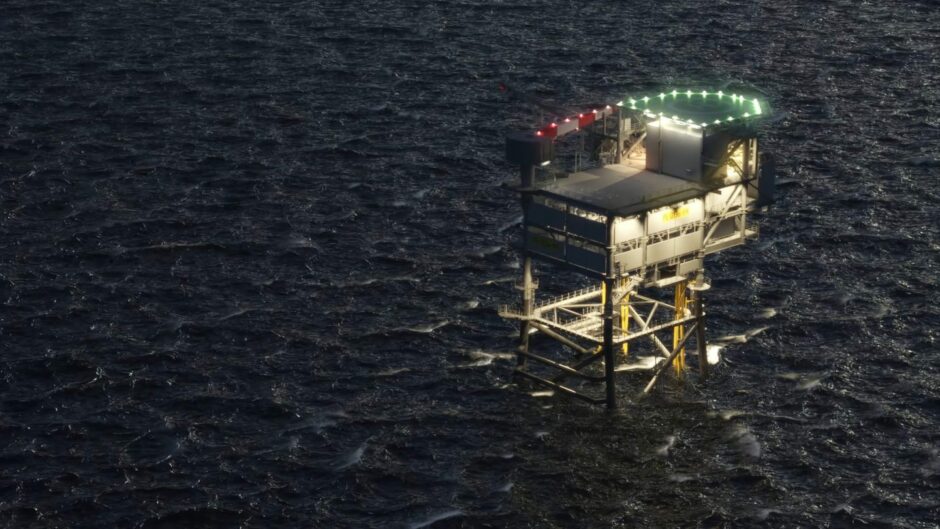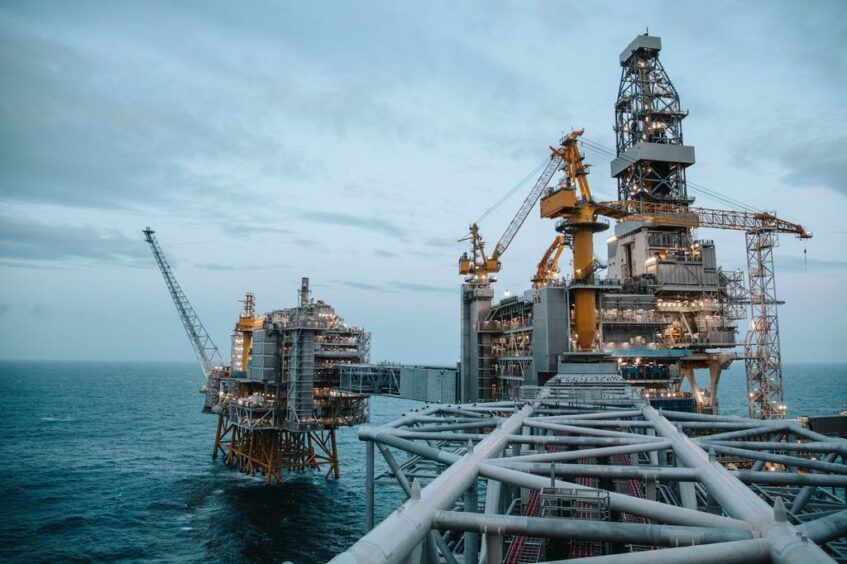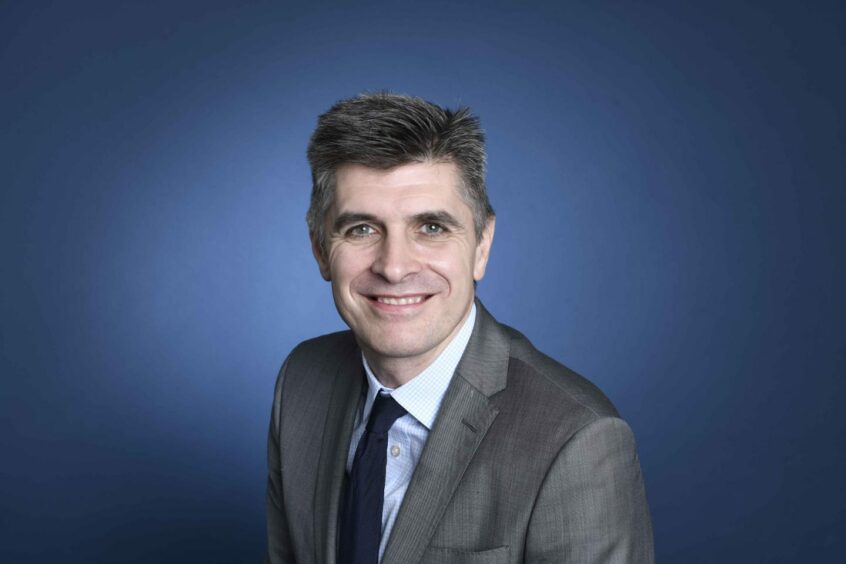
In September 2014 and in the face of mounting uncertainty over Russian gas supplies continuing to be available because of the then conflict over Ukraine, then European Energy Commissioner, Guenther Oettinger, suggested that Norway could play a fundamental role in shoring up EU energy supplies then and into the future.
Oettinger was speaking at an event in Brussels which was also attended by contemporary Norwegian energy minister Tord Lien who responded by saying that Oslo was prepared to offer its “full support” to the European Union’s ambitions to achieve greater supply security.
Prior to that and for many years, the Norwegian stance was that it would only help the EU bridge any energy supplies gap if it made commercial sense. It steered clear of the politics, or at least gave that impression; perhaps deliberately so.
Eight years on from the 2014 invasion and with Russia now clearly out to crush Ukraine, there is no doubting how even more crucial Norway’s still considerable oil & gas resources have become to EU member states.
That Norwegian politician Jens Stoltenberg is secretary general of NATO and playing an utterly crucial role in managing the West’s approach to a conflict that now threatens the very stability of Europe itself, serves to draw Norway even closer to its EU neighbours.
On June 23, European Commission EVP Frans Timmermans, commissioner for energy, Kadri Simson and current Norwegian minister of petroleum and energy, Terje Aasland, committed to “further strengthening the close co-operation between the EU and Norway in the field of energy”, not so much because of the Ukrainian conflict but because of the increasingly serious challenges posed by climate change.
Low-carbon partnerships
It of course helps that Norway remains the biggest producer of oil and gas in Europe, satisfying about 25% of current EU demand and therefore contributing “significantly” to European energy security.
On top of that, Norway is the world’s third exporter of natural gas after Russia and Qatar and so enjoys considerable international prestige.
Norway clearly has a linchpin role to play in the EU Energy Platform, established on April 7 to secure member states’ energy supplies at affordable prices in the current geopolitical context and to phase out dependency on Russian gas.
But it’s more than just oil and gas.
Brussels is very keen to strengthen the EU’s various low carbon partnerships with Norway, which is widely regarded as a global leader in the development of offshore renewable energy and hydrogen, assisted by ambitions laid out under the RePowerEU Plan published in May, and carbon capture and storage (CCS).
Regarding RePowerEU, this declaration is a response to the urgent need to decouple from Russian gas.
It aims for a tenfold increase in electrolyser manufacturing capacity and 10million tonnes of renewable hydrogen energy by 2030. Oslo-based Nel Hydrogen is already working on the process of site selection for new production facilities in Europe.
Another 50 years of hydrocarbons
REPowerEU will seek to diversify gas supplies, speed up the roll-out of renewable gases and replace gas in heating and power generation. It is claimed that this can reduce EU demand for Russian gas by two thirds before the end of the year.
Despite having produced oil and gas for half a century. Norway has identified sufficient remaining resources to sustain significant offshore hydrocarbons production for a further 50 years.
Moreover, the Ukraine crisis has demonstrated sufficient resilience in the Norwegian system to significantly bridge the shortfall in Russian supplies to Europe now threatened by Moscow.
A measure of that resilience is parastatal Equinor’s rapid response to the invasion and consequent need to urgently boost gas supplies availability into the EU.
With that in mind, in March, the semi-state company said it had rescheduled maintenance operations on the Norwegian Continental Shelf and was working to secure special permits to ensure production could reach even higher levels during the current year and potentially through to 2024.
Another example of this resilience is the Norwegian Petroleum Directorate’s permission granted to Aker BP to export 2 to 3 billion cubic metres of extra gas per year from the Skarv field. Conventionally, this gas would have been reinjected back into the reservoir to enhance oil production.
The NPD’s current forecast is for production to peak in 2024, with the 2.8billion barrel Johan Sverdrup development clearly pleasing by performing beyond initial expectation. Phase One was brought onstream in October 2019.
Further disruption on horizon
As for natural gas, Norwegian production was three per cent higher in 2021 than in 2020, mainly because of high demand for gas in Europe, and commodity prices that had reached what was then regarded an all-time high; since when even more frightening (from the perspective of consumers) price peaks have been reached.
The rapidly evolving climate change tragedy notwithstanding, the EU sees Norway as being its backbone supplier of oil and gas “beyond 2030”. Moreover, the June 23 declaration states: “The EU supports Norway’s continued exploration and investments to bring oil and gas to the European market.”
It of course helps that Norway is built into the European energies market through the so-called EEA agreement. The European Economic Area brings together the EU Member States and three of the EFTA States (Iceland, Liechtenstein and Norway).
The current position whereby Russia’s invasion of Ukraine has been allowed to take precedence over climate change in the minds of many European politicians is of course unsustainable.
But the latest demand from Brussels, requiring EU member states to cut their gas use by 15% and set out emergency plans ahead of winter when it anticipates severe disruption to gas supplies from Russia, makes that rather unavoidable just now.
Climate commitments
The EU plan comes amid uncertainty over whether Nord Stream 1 will restart. It is a crucial Russia-controlled gas pipeline to Europe that has lately been shut down for annual maintenance and which President Putin may keep shut-in.
Do please bear in mind that the EU had already pledged to end dependence on Russian fossil fuels by 2027 at the latest, with a ban on 90% of Russian oil imports due to be complete by the end of the year.
This really piles on the pressure.
Such situations are making it nigh on impossible for climate change commitments to be met under COP; even countries like Norway with a reputation for behaving responsibly in the first place.
In particular, even before the Ukraine crisis, the Norwegians faced a dilemma regarding so far untouched oil and gas resources, with opposition to their development gaining traction.
Bluewater Energy
Among the best informed investors in Norwegian opportunities … both oil and gas production and on the energy supply chain side, is Graeme Sword, founding partner of private equity investment house Bluewater Energy.
Sword has been a North Sea investor for decades, and on both sides of the UK/Norwegian maritime boundary lines. He is a keen observer of just how different their fiscal regimes and therefore investment environments are. In particular, the Norwegian approach has been progressive … broadly consistently successful.
“As an investor, Norway is a very attractive place to deploy capital. And it’s getting more attractive,” says Sword.
“At the moment; where do people want to go? They want to go where there are safe barrels and where they can get a return.
“In the UK, investors are trying to get their heads around the windfall tax; what does it mean; will it be a one-off. What investments can be used to offset the windfall tax? That’s causing uncertainty.
“Meanwhile Norway just gets on with things.
“This year and next we’re going to see a lot of new Norwegian developments coming onstream. I think they’ve now got a full-circle (fiscal) model which is encouraging investors from outside to look at development for the first time in many years.”
Sword is critical of the UK’s disjointed, political fashion-driven approach to energy
“We seem not to understand energy transition in the UK or choose not to; a complete contrast to the Norwegian situation.
“What Norway has done is have a much more joined-up policy; which they’ve been thinking through for years.”
He thinks Norway is in a far better position to work with its European partners to try and solve some of the mess precipitated by the war in Ukraine and so-forth. And Norway seems to have a strategic role to play that we, the UK, may be incapable of.
So, does this mean that Norway is Europe’s energy lifebelt?
“Absolutely,” comes the reply.
Recommended for you

 © Supplied by Equinor/Ole J?rgen B
© Supplied by Equinor/Ole J?rgen B © Supplied by Bluewater
© Supplied by Bluewater